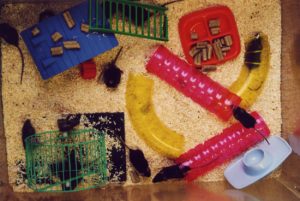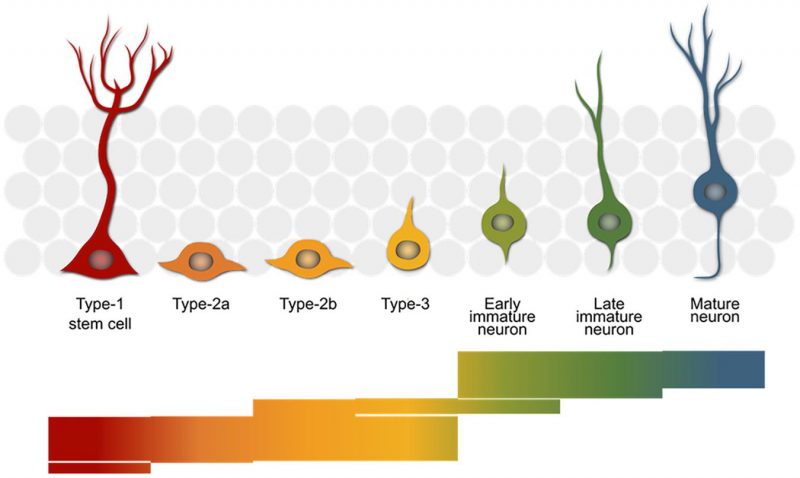How many of us enjoy sitting down on the couch after a long day, whipping out some chips and watching our favorite Netflix show? I would argue that it is fairly common and that we do it much more often than maybe going for a run, eating healthy foods or reading a book instead. I get it though. It’s hard sometimes. But what if doing that could grow our brains? Like actually cause new brain cells (aka neurons) to develop? Well, read on for some interesting information.
Brain Reserve and Cognitive Reserve
To start off, we need to establish that some cognitive functions can decline through brain injury, aging, or other events. However, brain reserve and cognitive reserve have been found to play a role in preserving functioning in these circumstances. They may do so independently or interactively. But what exactly are they? Brain reserve is defined by molecular and supramolecular biological factors as well as the simple headcount of neurons and synapses, whereas cognitive reserve is determined by flexibly and efficiently making use of available brain reserve to successfully perform tasks. These concepts are important because three lifestyle choices in early and adult life have been associated with protection against cognitive decline, which may facilitate cognitive and brain reserve:
- Social factors (marital status, parenthood, friendship, social engagements),
- Mental factors (education level, work complexity, mentally demanding activities), and
- Physical factors (physical activity and healthy diets).
While these studies with humans were correlational, researchers have made interesting findings among mice that were provided with a similarly enriched environment, potentially indicating a causal relationship as well.

Effects on Brain Reserve
When applying some of the factors named above to mice, numerous benefits were found. To increase environmental enrichment, mice were housed in groups and provided with extra items to explore. For physical activity, mice received wheels to voluntarily run in, and for the dietary factors certain nutrients seemed to be important as well as meal frequency, texture and content. Some of the outcomes that followed included:
- Neurogenesis (the generation of new neurons),
- Gliogenesis (the new development of astrocytes, oligodendrocytes, and microglia),
- Angiogenesis (the enhancement of the vascular system for increased nutrient and oxygen transport), and
- Synaptogenesis (changing neural connections by enlarging dendritic surfaces or by increasing the number of dendritic spines the neuron has.
Aside from these cellular changes, molecular bases of brain reserve have been found as well. Some of them include:
- Alteration of early and late gene expression in the neocortex,
- Alteration of expression of proteins
- Alterations in the neurotransmitter and neurotrophin systems
- Neurotransmitters: possible increases in serotonin, noradrenaline and dopamine
- Neurotrophins: possibly increased levels of BDNF, NGF and NT-3
These findings all indicate that environmental enrichment and physical factors truly can be protective mechanisms against cognitive decline, and while much of this is based off of animal studies, it doesn’t mean that going on a run, eating healthy, reading a book or socializing won’t benefit us. It’s always worth a try.
